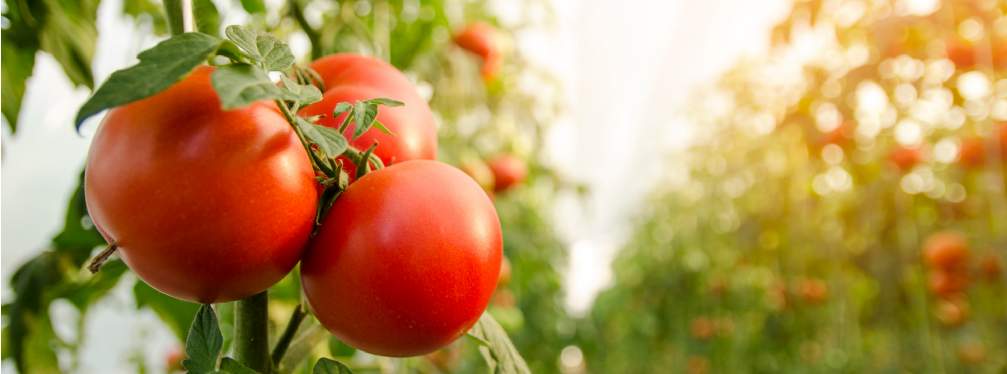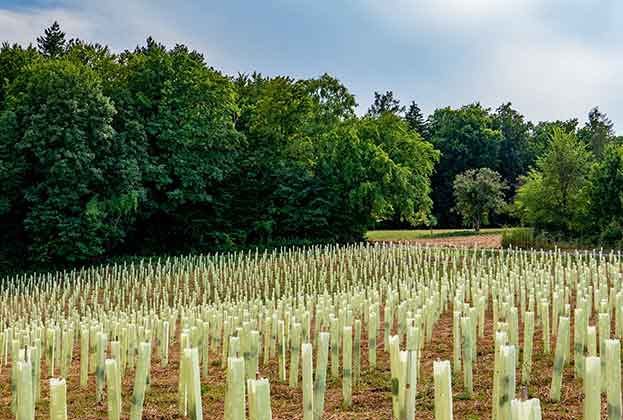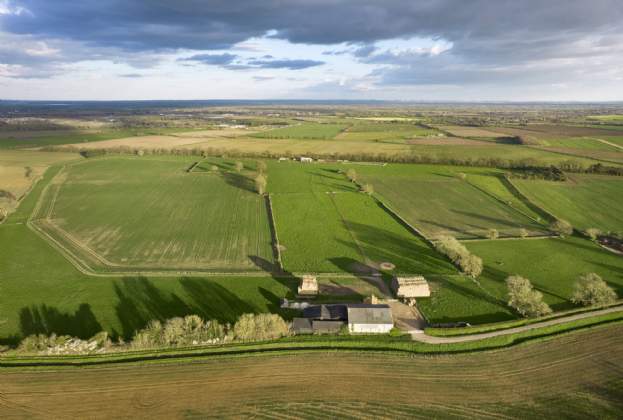The UK’s reliance on food imports is often criticised, but for all their vulnerabilities and drawbacks, imports undeniably improve the quality of our diet. The nation is dependent on imports for 20 per cent of the iron, 16 per cent of the zinc and 12 per cent of the vitamin A consumed by its residents. The same study also demonstrated that fortunately domestic production is self-sufficient in the supply of vitamin B12, calcium and folate.
Yet the act of importing requires an earlier harvest and a longer journey to the plate, something that compromises the taste and nutritional quality of the food. Consider antioxidants, compounds found in abundance in our fruit and vegetables. These compounds react with another molecular species known as free radicals. A deficiency in antioxidants means excess free radicals that go on to react and cause damage to the molecules that make up our body. So the more antioxidants we consume, the less damage is done and ultimately the healthier we are.
The reactivity of antioxidants is both their biggest strength and greatest weakness. From the second we cut the fruit from the vine/tree or pull the vegetable out of the ground, those antioxidants are reacting, decreasing in quantity and not being replaced. Herein lies the issue of long supply chains: we lose more of the elements that make vegetables so beneficial to health. If we grow food out of season, we also start with less of those compounds in the first place. One study examined the vitamin C content of broccoli and found out-of-season broccoli had close to half the vitamin C content of in-season broccoli.
Healthier vegetables
With the use of controlled environment horticulture (CEH), crops can be grown in optimal conditions at any point of the year. These systems use technology to optimise all factors essential to crop growth such as light, temperature, carbon dioxide concentration, water volume and so on. These systems are capable of producing high quality food within a stone’s throw of the plate they will be consumed on. That means more beneficial compounds to begin with and less time for them to degrade.
While impressive, CEH will not be the last word in modern domestic food production for the UK. Our Spotlight on Controlled Environment Horticulture found sizeable increases in planted area would be necessary to offset imported food. Considering only salad vegetables (lettuce, tomatoes, peppers, cucumbers), the current planted area would have to increase to five times its current size to offset imports, and more to ensure we are getting our five-a-day. To offset the import of tomatoes, the planted area must increase by more than 150 per cent.
Holistic health
Our diet is a cornerstone of our overall health, but without considering other elements, such as physical activity and our mental health, we are unlikely to feel the benefit of an enhanced diet. We could tackle all of these elements separately, going to the gym, meditating, eating a balanced diet, but there is one option to simultaneously tackle all elements at once.
Allotments, gardens, greenhouses – there are several ways we can grow our own food. It is a big step and not one to be undertaken half-heartedly, but studies show the benefits go far beyond a sense of achievement. A 2017 study by the University of Tokyo concluded that gardening can prompt reductions in depression and anxiety symptoms, stress, mood disturbance, and BMI. Simultaneously, the study found increases in quality of life, sense of community, physical activity levels, and cognitive function.
Seasonality is not necessary then, but desirable? Certainly. Controlled environment systems provide greater flexibility in how we can meet our nutritional requirements, particularly if that production is onshore and so reduces the time between being picked and eaten. Yet controlled systems will only ever supply a proportion of what is on our plate. For the rest, locally produced, seasonal food could benefit not just our physical health but a range of other factors too, such as the prosperity of our local community or our mental wellbeing.
Further information
Contact Joe Lloyd or Alex Bragg

.jpg)
.jpg)



.jpg)
.jpg)
.jpg)

